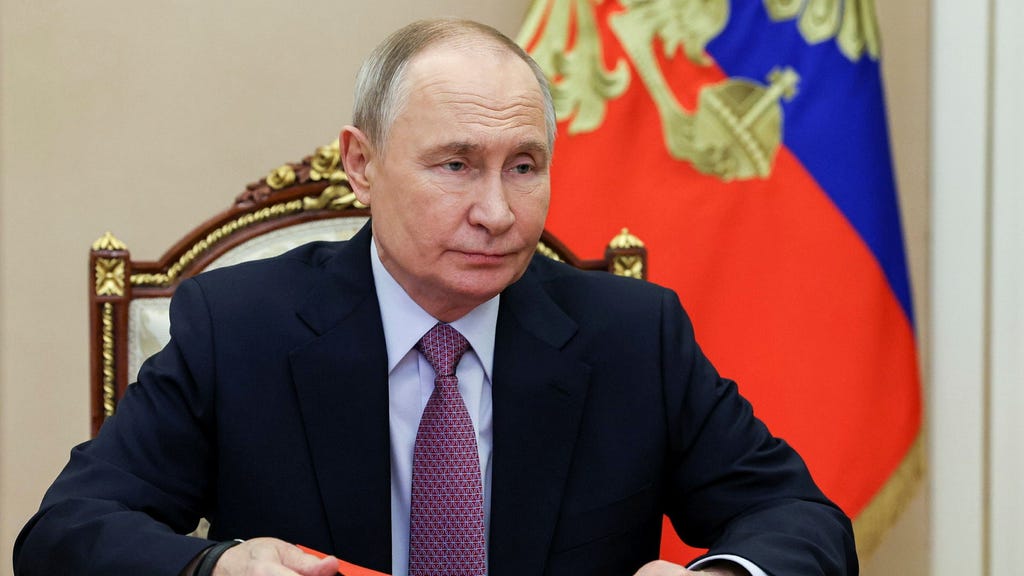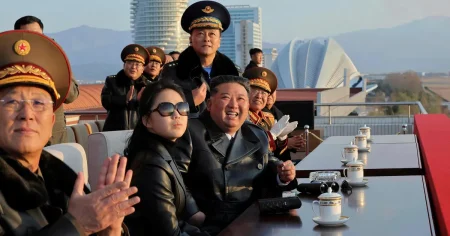The Syrian revolution, a tumultuous upheaval born from decades of oppression under the al-Assad dynasty, remains a complex and evolving saga with far-reaching consequences, not only for the Syrian people but also for the geopolitical landscape of the Middle East. The protracted and bloody civil war, ignited by the initial protests in 2011, has irrevocably altered the nation’s trajectory, leaving behind a devastated landscape and a deeply fractured society. While the ultimate outcome of this revolution remains uncertain, the initial spark of hope for democratic change has been tragically extinguished by years of brutal conflict, foreign intervention, and the rise of extremist groups. The revolution’s impact extends beyond Syria’s borders, significantly diminishing Russia’s influence in the region through the weakening of its key ally, Bashar al-Assad.
The seeds of the Syrian revolution were sown in the fertile ground of long-standing grievances against the Assad regime. Decades of authoritarian rule, characterized by suppression of dissent, human rights abuses, and widespread corruption, created a simmering discontent among the populace. The Arab Spring uprisings, which swept across the Middle East and North Africa in 2011, provided the catalyst for Syrian citizens to voice their frustrations, initially through peaceful protests demanding political reforms and greater freedoms. However, the regime’s violent crackdown on these demonstrations quickly escalated the situation, transforming the protests into an armed rebellion and plunging the country into a devastating civil war.
The Syrian conflict quickly evolved into a complex proxy war, drawing in regional and international actors with competing interests. Russia, a long-standing ally of the Assad regime, intervened militarily in 2015, providing crucial air support and ground troops that significantly bolstered the government’s flagging forces. Iran, another key ally, also provided substantial military and financial support to the Assad regime, further complicating the conflict. On the other side, various rebel groups, ranging from moderate factions to extremist organizations like ISIS, received backing from countries like the United States, Turkey, and Saudi Arabia, each pursuing their own geopolitical agendas. This intricate web of alliances and rivalries fueled the conflict, prolonging the suffering of the Syrian people and exacerbating the humanitarian crisis.
The devastating consequences of the Syrian revolution are evident in the staggering human cost and the widespread destruction of the country’s infrastructure. Millions of Syrians have been displaced, forced to flee their homes and seek refuge in neighboring countries or further afield, creating a massive refugee crisis that has strained international resources and created political tensions. The war has also claimed the lives of hundreds of thousands of people, leaving countless others injured or traumatized. Syria’s economy has been shattered, its cities lie in ruins, and its social fabric has been torn apart. The long-term impact of this devastation will undoubtedly be felt for generations to come.
The Syrian revolution has significantly reshaped the geopolitical landscape of the Middle East, particularly with regards to Russia’s influence. While Russia’s military intervention initially appeared to solidify its position and bolster its ally, Bashar al-Assad, the protracted conflict and its enduring consequences have arguably weakened Russia’s overall standing in the region. The Syrian regime, despite retaining power, has been severely weakened, its authority fragmented, and its dependence on external support heightened. This reliance on Russia and Iran, while ensuring Assad’s survival, paradoxically diminishes his legitimacy and transforms Syria into a battleground for competing regional interests, limiting Russia’s ability to leverage its influence for broader geopolitical gains.
Furthermore, Russia’s involvement in the Syrian conflict has come at a considerable cost, both financially and diplomatically. The protracted military campaign has drained resources and exposed Russia to international criticism for its support of a regime accused of widespread human rights abuses. The use of chemical weapons by the Assad regime, despite Russia’s assurances, further damaged Russia’s international reputation and strained its relationships with Western powers. While Russia may have achieved its short-term objective of preventing the collapse of the Assad regime, the long-term consequences of its intervention have arguably diminished its influence and created new challenges in the volatile Middle East. The Syrian revolution, while initially appearing to strengthen Russia’s foothold in the region, has ultimately unveiled the limitations of its power and the complexities of navigating the intricate political dynamics of the Middle East.














